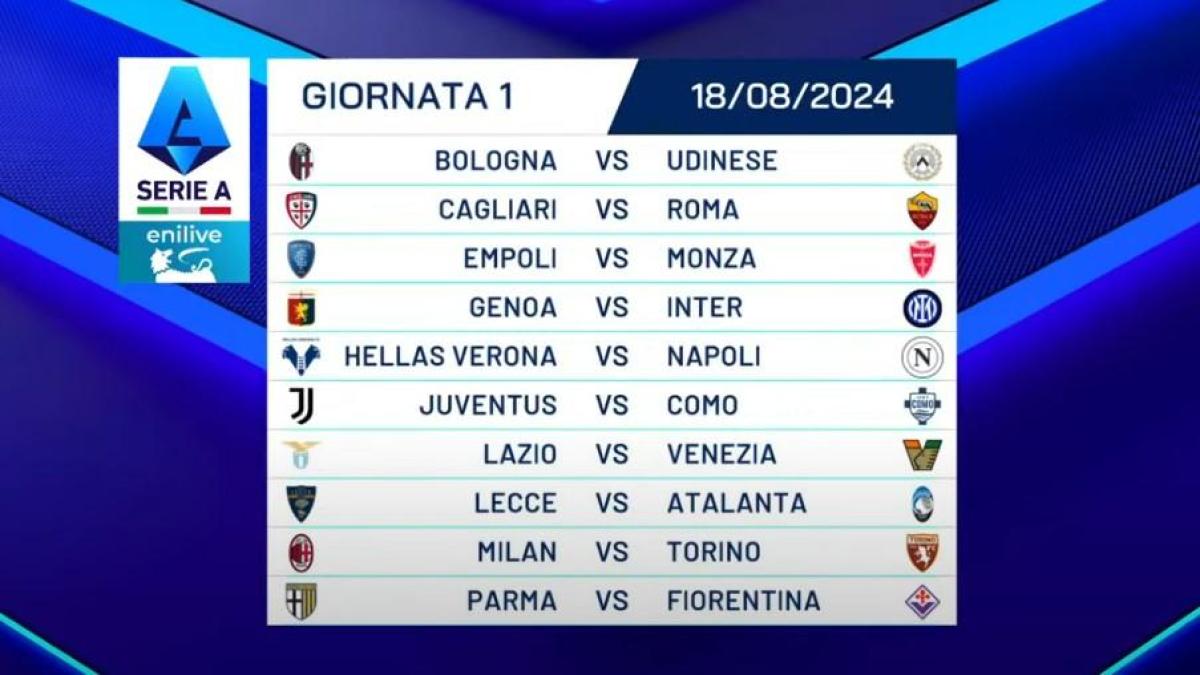The German Bundesliga cut its sustainability requirements by half from 2022 to 2023 – Play the Game

While all sports governing bodies express support for climate and sustainability goals, participants in a session at Play the Game 2024 were told, their actions might suggest otherwise. Often, athletes’ carbon footprints are far higher than the national average, while little thought seems to be given to clubs’ choices of commercial partners.
Maximilian Rieger, an editor at the German public radio station Deutschlandfunk, detailed his research into the binding sustainability criteria that were imposed on Germany’s first and second Bundesliga football clubs in May 2022.
Initially, the Deutsche Fussball Liga (DFL) listed more than 100 measures that each Bundesliga club was required to take. These included measuring their own energy usage, calculating their carbon footprints, designating or appointing a sustainability officer and drafting a sustainability strategy. While initially patchy, Rieger said, compliance rose in 2023.
However, in late 2023 the number of required measures was reduced to 54. Previously, clubs had been warned that they would be sanctioned if they failed to meet the full criteria. However, under the new rules, clubs were told that they would only be penalised if they did not adhere to nine of the proposed measures.
“When we look at what was communicated to us two years ago and where we are now, it looks like they have reduced their ambitions” Rieger said. “For example, it seems that there is no clear target to reduce CO2 emissions.”
Furthermore, he pointed out, professional clubs are reluctant to reduce their carbon footprints through concrete measures like ditching domestic air travel.
”If one club says it will travel by train and the other clubs don’t, the clubs that fly have a competitive advantage,” Rieger said. “We need action from all the clubs together.”
“Fans aren’t stupid. To win their trust we need an attitude change from the clubs. In order to become sustainable, professional football needs to change its business model. But no one wants to do that, as they claim they want to grow the game. In other words, to grow their profits. The fan organisations are actually pushing the DFL to be more progressive.”
Professional male players, he pointed out, do not appear to be too concerned about climate and sustainability issues.
“A number of players spoke out at the World Cup, but there has been little action otherwise,” he said. “Women seem to have better role models than men”.
Criticism of the sponsors of football
Ian Mengel, board member at the Berlin-based sports NGO PLAY!YA claimed that Bundesliga clubs’ sustainability goals are being undermined by their choice of commercial partners.
Prominent among them are car makers and other traditional manufacturers as well as financial services and other companies whose operations are rarely consistent with the Bundesliga’s criteria.
“You must look at who is sponsoring football and look for evidence of their sustainability,” Mengel said.
“The Bundesliga’s sustainability criteria were the first binding rules in a professional league. But at the same time the Bundesliga was investing in other business initiatives such as an in-car entertainment services and ball-level acoustics, things that had little to do with sustainability. Who is the auditor for the Bundesliga? They can put a lot of commitments out there. But who is proving that they are in compliance?” Mengel asked.
Winter athletes also have big carbon footprints
Hanne Marie Brevik and Anne Rognerud of the Norwegian Broadcasting Corporation (NRK) detailed their research into the climate footprints of winter athletes.
The annual carbon footprint created by 110 athletes, they found, amounted to 1600 tonnes of CO2 which translates to flying from Oslo to Mallorca and back 2300 times. The average Norwegian emits 2.2 tonnes of CO2 per year.
Brevik and Rognerud called for a “new way of thinking” among winter sports federations. Suggested measures included a rethink of transportation policies, the climate-optimisation of the event calendar and a requirement for federations to calculate the emissions they create and be held accountable for the emissions of their athletes.




